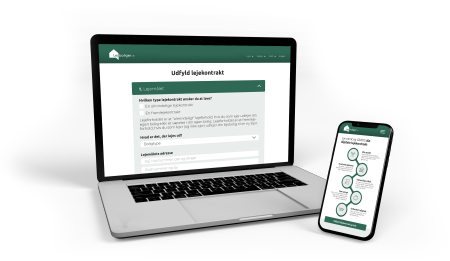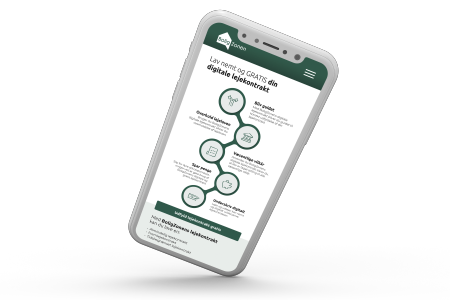What is an exchange home?

Exchange home rules
As a tenant, you have the right to exchange accommodation, regardless of whether you live in public rented accommodation or private rented accommodation. This also applies regardless of where you live in the country.
What does the Danish law say about exchanging rental homes?
As a tenant you have the right to exchange rental homes according to §161 in the rental law. It applies for a rental home only used for residential purposes, and you exchange home with another tenant whose rental home is only used for residential purposes. Be aware that in certain circumstances the landlord can object.
There are exceptions where the landlord can object to a house exchange, and you can read about them below:
- The landlord can oppose to the exchange of housing if the landlord has a good reason to oppose the exchange. It may be if you have previously defaulted on the landlord's accommodation.
- The landlord can refuse an exchange if you have lived in your rental property for less than three years.
- You cannot exchange to accommodation that applies to a special group like student housing or senior housing.
- The landlord can also object to the exchange if the landlord lives in the property and the residence includes fewer than seven apartments.
- There must be one living room per person who lives in the apartment.
It is important that you ensure that you meet the requirements and that the person or persons you exchange with also meet the requirements. Please inform your tenant as early as possible so that he or she knows about your plans. If you have not yet lived in your rental property for three years, you can ask the landlord about an exemption from this rule and thus a permit. Some landlords may have deadlines for when you must apply to change rental accommodation.
What type of housing can you exchange with?
Many different types of housing fall under the category of exchange housing. It can be social housing for social housing. You can exchange for a home in the housing association you live in or a home in another public housing association. The first option is the easiest, because then only your own housing company needs to be involved. If you want to exchange a home in another public housing association, you must apply to the housing association for this. This applies regardless of whether you want to exchange internally or for a private rental property.
You can also exchange public housing for private rental housing or vice versa. Here you should be aware that the landlord can oppose it if the landlord lives in the property themselves and there are fewer than seven rental properties.
This also applies if you change from private accommodation to another private accommodation.
How does a home exchange take place?
When you change residences, it will legally be considered a regular move. This means that normal termination rules apply, and an inspection and relocation settlement must be carried out for both tenancies. You must also have a new lease. The landlord is entitled to have the tenancy restored in connection with the exchange. It is the landlord’s duty to inform about this as early as possible.
Change rental property and you can quickly get a rental property that suits your needs. There can be many advantages to changing homes. You will not have to be on a waiting list, and you can therefore move quickly to a rental property that suits you better. At BoligZonen you can find many exchange homes.




